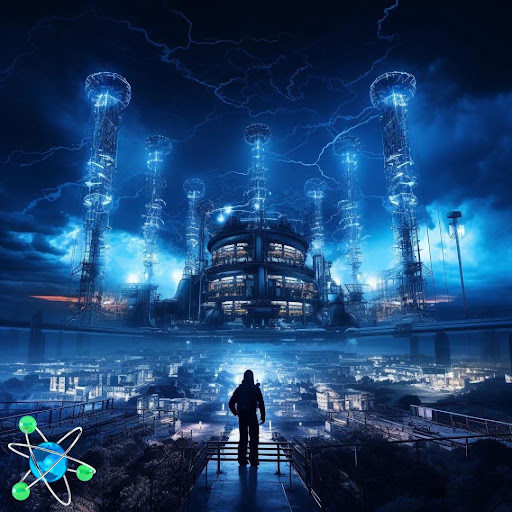
- Completion of fuel loading at Unit 4 of the Barakah nuclear power plant marks a crucial operational milestone, bringing the facility closer to full fleet operations.
- Regulatory approval from the Federal Authority for Nuclear Regulation (FANR) has cleared the path for commissioning and commercial operation. Nawah will now conduct a series of tests, including power ascension testing, before synchronization with the grid.
- The development underscores the UAE’s commitment to its nuclear energy program, initiated in 2008, with Unit 4 set to contribute significantly to the country’s electricity needs. The collaboration between ENEC and the Korea Electric Power Corporation highlights the global partnerships supporting the UAE’s energy vision.
The Barakah nuclear power plant in the United Arab Emirates (UAE) has reached a significant milestone with the completion of fuel loading at Unit 4. Nawah, the operating company, adhered to national regulations and the highest international standards during this crucial phase, as announced on X (formerly Twitter). This achievement brings the plant one step closer to full fleet operations, marking a pivotal moment for clean electricity generation in the region.
The Federal Authority for Nuclear Regulation (FANR) granted Nawah an operating license on November 23, paving the way for the commissioning and commercial operation of Unit 4—the final unit at the Barakah facility. Following fuel loading, Nawah is set to conduct a comprehensive series of tests. The upcoming power ascension testing will involve a gradual increase in power generation levels, leading to synchronization with the grid and the dispatch of the initial megawatts of electricity.
Upon the successful completion of these tests, Unit 4 will transition into commercial operation, contributing substantially to the overall electricity generation capacity of the Barakah plant. The construction timeline reveals that work on the Korean-designed APR-1400 unit commenced in July 2015, with the first three units already operational under the regulatory oversight of FANR.
The journey towards achieving this milestone began in 2008 when the UAE government decided to implement a nuclear energy program. The goal was to construct and operate a nuclear power plant capable of providing 25% of the country’s electricity needs. This initiative aligns with the UAE’s broader objectives of diversifying its energy sources and working towards long-term energy vision and net-zero goals. Construction of the first unit commenced in 2012, and Barakah 1 was successfully connected to the grid in 2020.
Situated in the Al Dhafra Region of Abu Dhabi, the Barakah plant is owned by the Emirates Nuclear Energy Corporation (ENEC) and operated by Nawah—a joint nuclear operations and maintenance subsidiary of ENEC and the Korea Electric Power Corporation. This latest development underscores the UAE’s commitment to advancing its nuclear energy program and contributing to a sustainable and diversified energy future.


